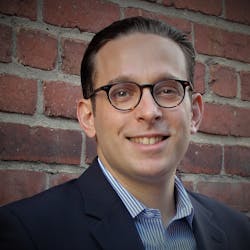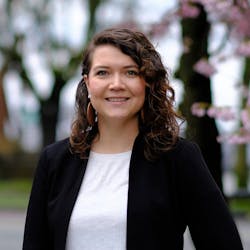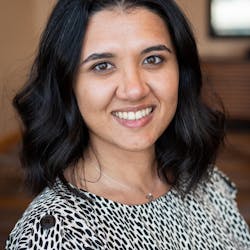The protagonists shaping our cities: Gaining capacity to read the discourses on housing and urbanism
- Details
- Resources
A group of urbanists, designers, developers, and organizers sought to grow in capacity to read the discourses with heightened intellectual rigor and clarity of thought. With our cities shaped by various actors, we aim to understand how the discourses around housing and urban design characterize the protagonists that impact their development. Reflection on the Baha’i experience and our understanding of the individual, institutions, and community have yielded a starting point for further investigation into the qualities of and relationships between the protagonists shaping our built environment.
Deepening questions
- How do conversations in your neighborhood characterize the various actors and stakeholders in the genesis, provision, and maintenance of housing? What role do these protagonists (individuals, communities, institutions) play, and how do you and your neighbors view the relationships between them?
- How would you characterize the physical environment of the community in which you live? As it strives for betterment, how do you and your neighbors view your community as a protagonist in its development?
- In your experiences with growing capacity among Baha’i individuals, institutions, and communities, what qualities would you hope each of the actors in the development of our neighborhoods and villages might evince? How might we characterize the relationships between the protagonists that manifest these qualities?
Nadim van de Fliert
Nadim van de Fliert is a linguist, urbanist, youth mentor, and avid fan of soccer who resides in Washington, D.C. He presently works as a real estate development consultant and community development specialist in the city, focusing on affordable housing, educational facilities, and other community-oriented assets.

Leah Karlberg
Leah Karlberg is an urban planner, community builder, and earthquake nerd living in Vancouver, Canada. She has worked the last few years in development planning for local government, focused on rental housing and transit-oriented development. Her interest lies in how the design of the built environment can help "nudge" community connections.

Mehrsa Imani
Mehrsa Imani works as a community organizer at a nonprofit organization, advocating for housing and homelessness policy solutions. She obtained her undergraduate degree in Urban Studies, with minor in Urban and Regional Planning at UC Irvine. Presently, she is pursuing a Masters in Public Administration at USC, focusing on public policy. Her interest lies in meaningful community engagement, empowering local residents to contribute to social change, and learning to channel diverse talents and insights of the community in addressing pressing social need.

46th Annual Conference
The views expressed in this recording are those of the presenters and do not necessarily represent the views of the Association for Bahá’í Studies, nor the authoritative explications of Bahá’í writings.